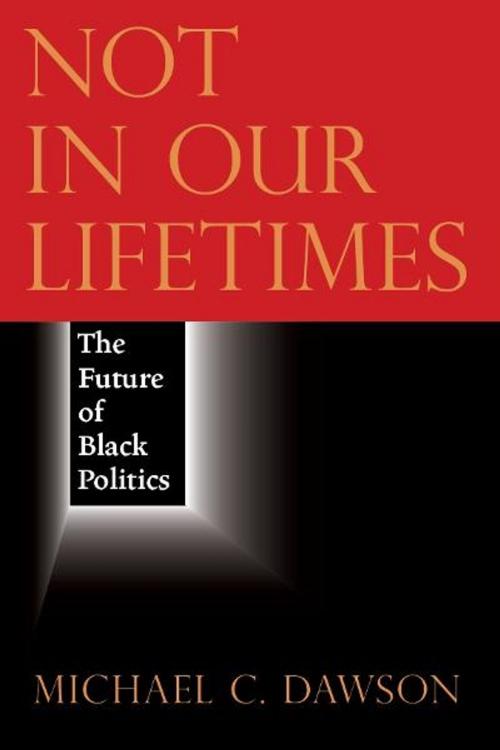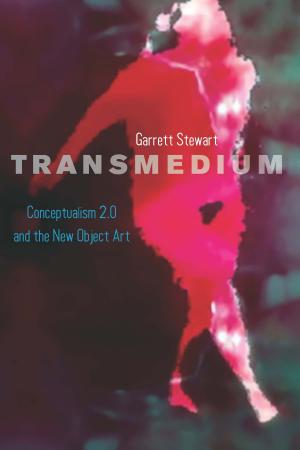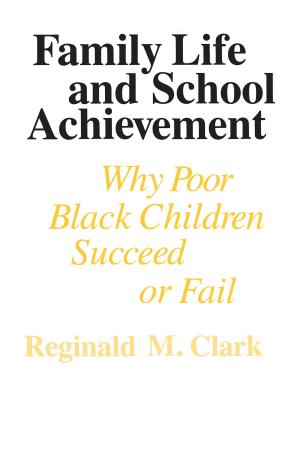Not in Our Lifetimes
The Future of Black Politics
Nonfiction, Social & Cultural Studies, Political Science, Government, Social Policy, Politics, Civil Rights| Author: | Michael C. Dawson | ISBN: | 9780226138657 |
| Publisher: | University of Chicago Press | Publication: | October 7, 2011 |
| Imprint: | University of Chicago Press | Language: | English |
| Author: | Michael C. Dawson |
| ISBN: | 9780226138657 |
| Publisher: | University of Chicago Press |
| Publication: | October 7, 2011 |
| Imprint: | University of Chicago Press |
| Language: | English |
In the aftermath of Hurricane Katrina, polls revealed that only 20 percent of African Americans believed that racial equality for blacks would be achieved in their lifetime. But following the election of Barack Obama, that number leaped to more than half. Did that dramatic shift in opinion really reflect a change in the vitality of black politics—and hope for improvement in the lives of African Americans? Or was it a onetime surge brought on by the euphoria of an extraordinary election?
With Not in Our Lifetimes, Michael C. Dawson shows definitively that it is the latter: for all the talk about a new post-racial America, the fundamental realities of American racism—and the problems facing black political movements—have not changed. He lays out a nuanced analysis of the persistence of racial inequality and structural disadvantages, and the ways that whites and blacks continue to see the same problems—the disastrous response to Katrina being a prime example—through completely different, race-inflected lenses. In fact, argues Dawson, the new era heralded by Obama’s election ist more racially complicated, as the widening class gap among African Americans and the hot-button issue of immigration have the potential to create new fissures for conservative and race-based exploitation. Bringing his account up to the present with a thoughtful account of the rise of the Tea Parties and the largely successful "blackening" of the president, Dawson ultimately argues that black politics remains weak—and that achieving the dream of racial and economic equality will require the sort of coalition-building and reaching across racial divides that have always marked successful political movements.
Polemical but clear-eyed, passionate but pragmatic, Not in Our Lifetimes will force us to rethink our easy assumptions about racial progress—and begin the hard work of creating real, lasting change.
In the aftermath of Hurricane Katrina, polls revealed that only 20 percent of African Americans believed that racial equality for blacks would be achieved in their lifetime. But following the election of Barack Obama, that number leaped to more than half. Did that dramatic shift in opinion really reflect a change in the vitality of black politics—and hope for improvement in the lives of African Americans? Or was it a onetime surge brought on by the euphoria of an extraordinary election?
With Not in Our Lifetimes, Michael C. Dawson shows definitively that it is the latter: for all the talk about a new post-racial America, the fundamental realities of American racism—and the problems facing black political movements—have not changed. He lays out a nuanced analysis of the persistence of racial inequality and structural disadvantages, and the ways that whites and blacks continue to see the same problems—the disastrous response to Katrina being a prime example—through completely different, race-inflected lenses. In fact, argues Dawson, the new era heralded by Obama’s election ist more racially complicated, as the widening class gap among African Americans and the hot-button issue of immigration have the potential to create new fissures for conservative and race-based exploitation. Bringing his account up to the present with a thoughtful account of the rise of the Tea Parties and the largely successful "blackening" of the president, Dawson ultimately argues that black politics remains weak—and that achieving the dream of racial and economic equality will require the sort of coalition-building and reaching across racial divides that have always marked successful political movements.
Polemical but clear-eyed, passionate but pragmatic, Not in Our Lifetimes will force us to rethink our easy assumptions about racial progress—and begin the hard work of creating real, lasting change.















